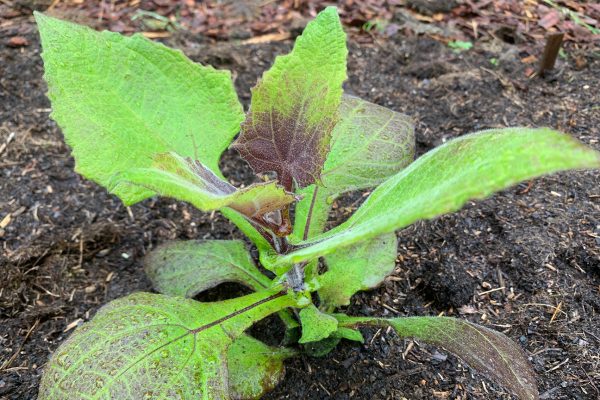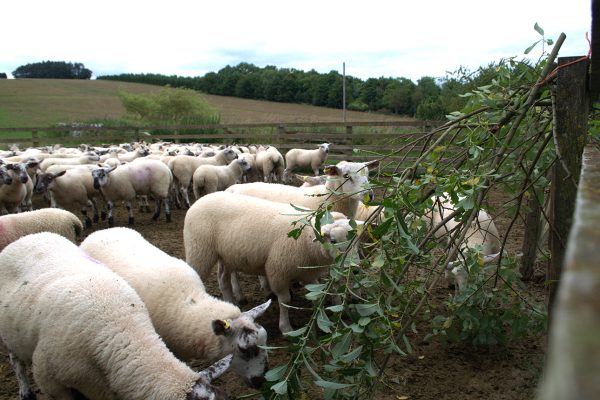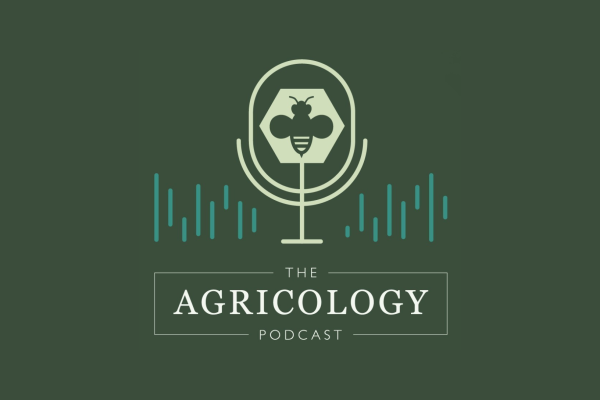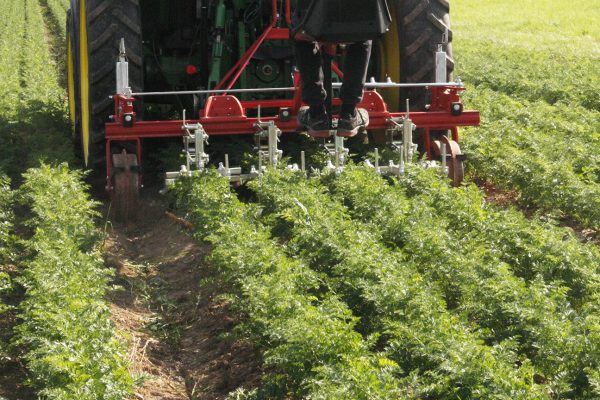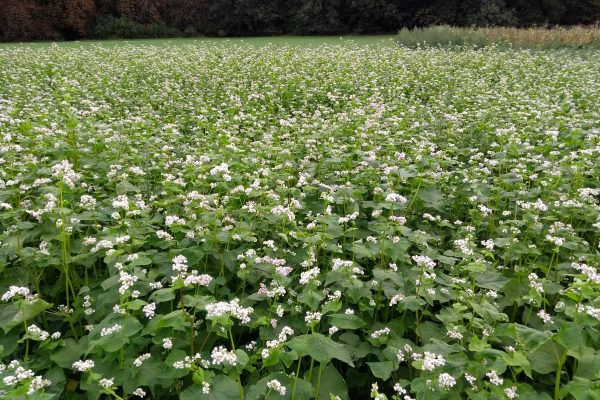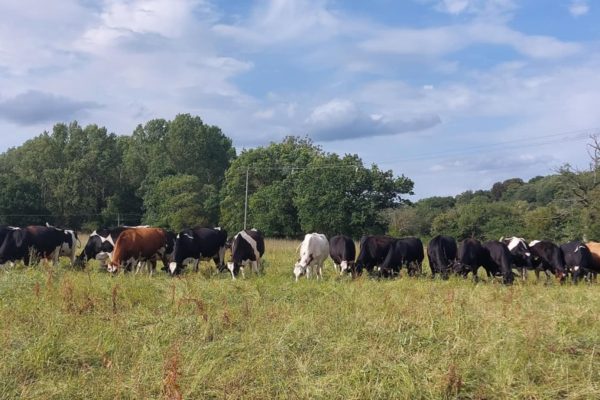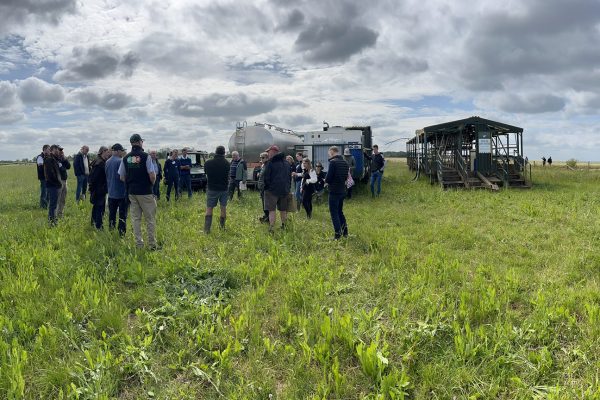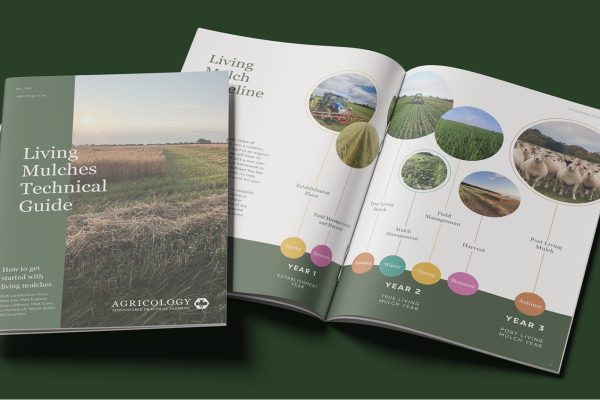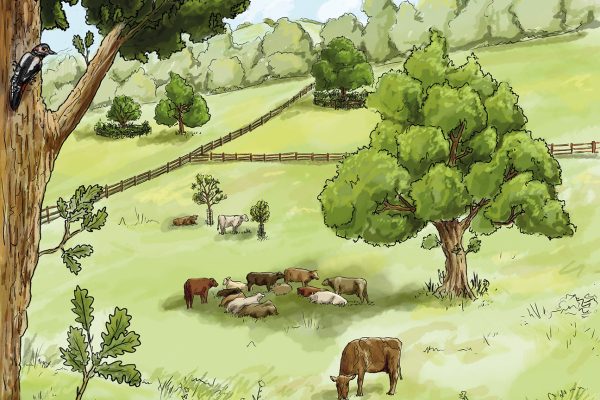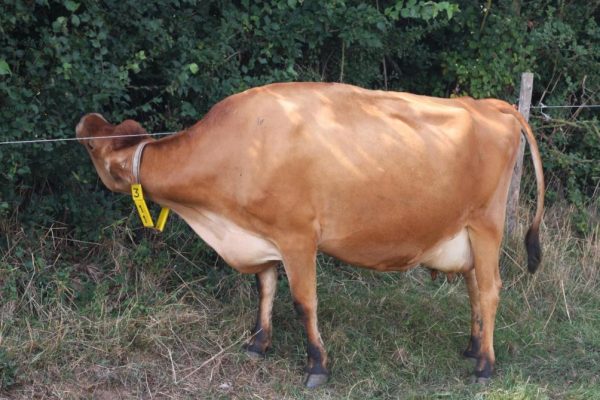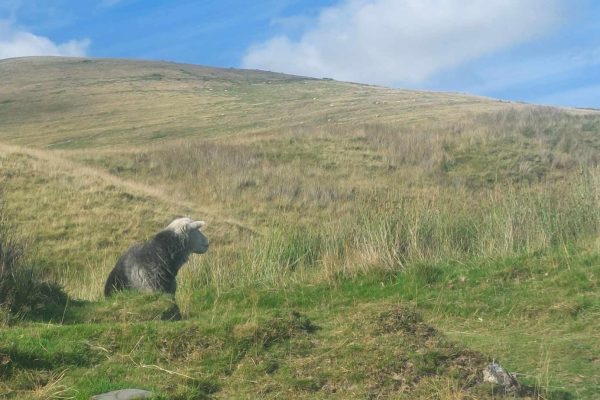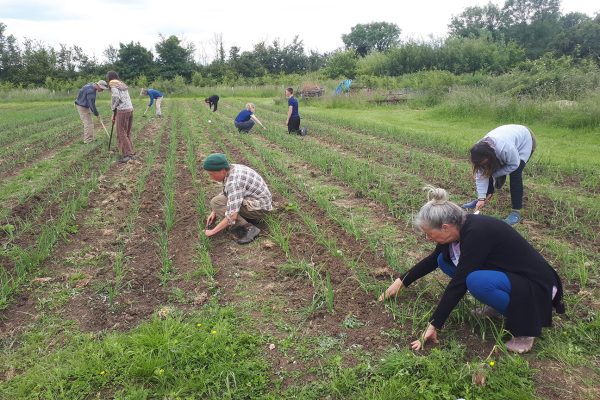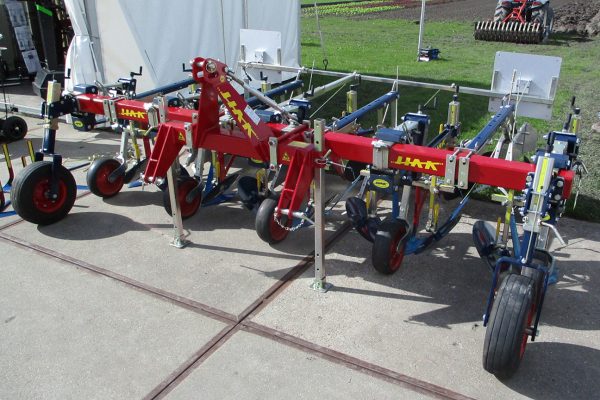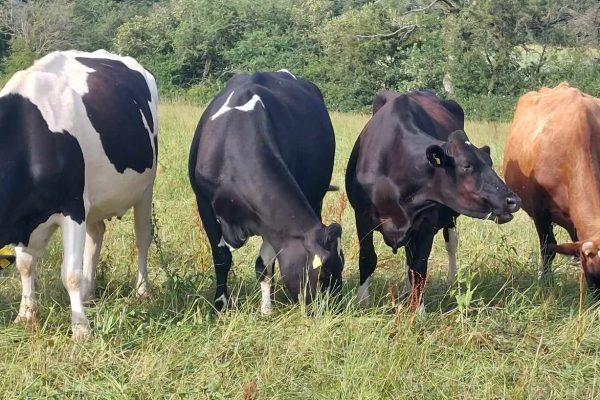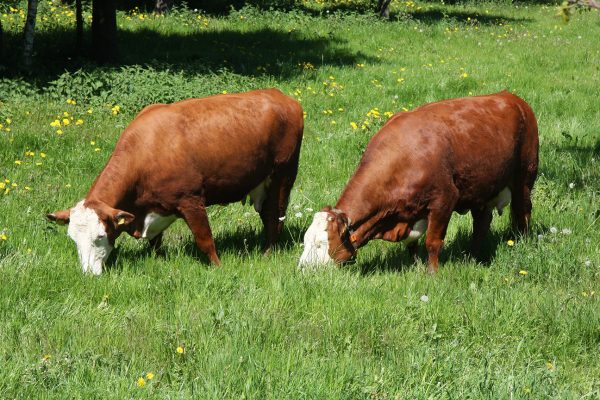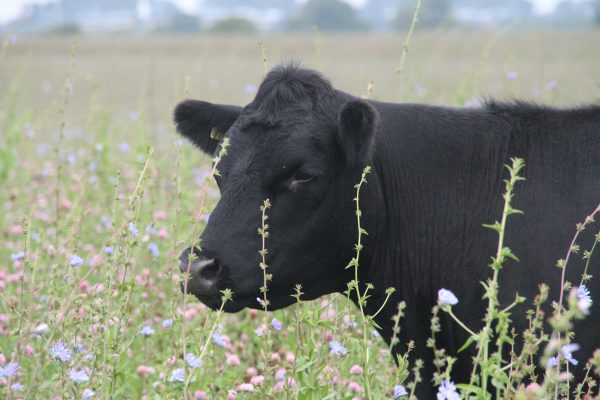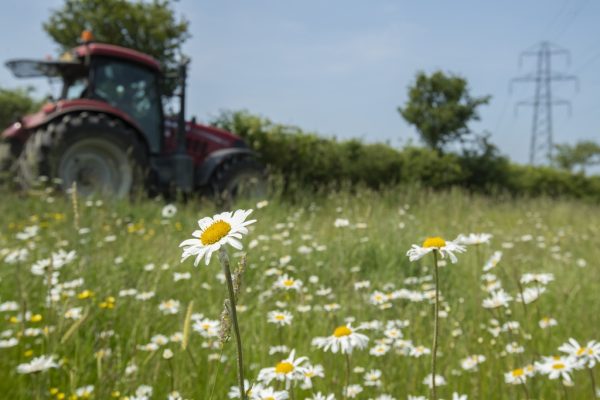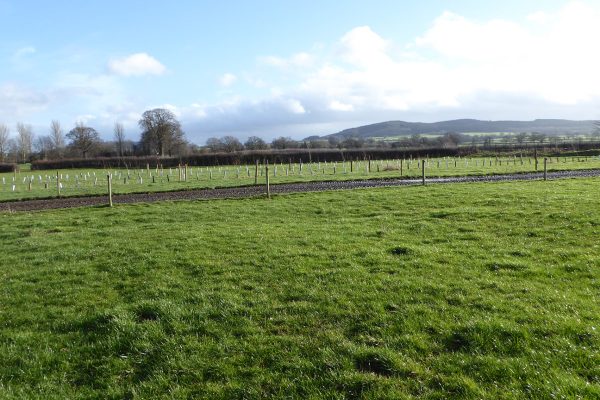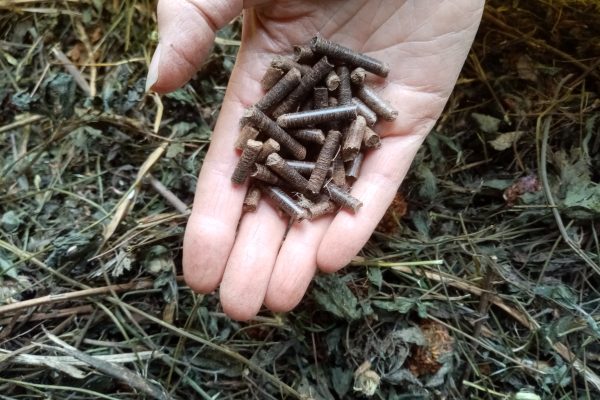Living Mulches - Technical Guide - video
In this video Matt England talks through his journey of trialling living mulches with the key learnings, observations and reflections that have come from it.
LEARN MOREIn this video Matt England talks through his journey of trialling living mulches with the key learnings, observations and reflections that have come from it.
Webinar from CSA Network UK with Mandy Barber of Incredible Vegetables and Ryan Sandford-Blackburn of Earthed Up! exploring the potential of perennials for CSAs and market growers.
This resource page shares insights from a farmer-led field lab which explored how feeding willow to lambs could address cobalt deficiency and support healthy growth.
The Agricology Podcast offers practical insights into sustainable farming, featuring conversations with farmers, researchers, and advisors. Explore topics like soil health, regenerative agriculture, and livestock management through diverse perspectives.
OGA webinar with Dr Charles ‘Merf’ Merfield on the 'Big 4' in weed management: minimising weed seed rain, (proper) false seed beds, flame weeding, and row hoes
Innovative farmers webinar with conclusions and recommendations from the field lab on using cover and biofumigant crops to reduce wireworm populations in potatoes
This report from the Sustainable Food Trust highlights the benefits that regeneratively grazed livestock can have for climate, nature, food security and health.
OGA webinar on using cover crops and diverse mixes in no-till veg production to improve soil and reduce reliance on bought-in compost.
In this video recorded at Groundswell, Matt Smee of Agricology hosts a discussion with Tim May and Oliver Chedgey from Kingsclere Estate. Together, they explore how mobile dairy operations have been successfully integrated into their farming system.
This Agricology technical guide is designed to support farmers in making informed decisions about adopting living mulches in arable systems.
Three leaflets from the Woodland Trust aimed at livestock farmers wanting to make the most of trees on the farm.
This is the audio recording of a session run by Agricology at the Oxford Real Farming Conference featuring Matt Smee with Organic Research Centre’s Dr Lindsay Whistance.
This resource consists of the audio recording and presentations from a session at the Oxford Real Farming Conference 2025 which aimed to address the stigma around the use of tillage in organic and agroecological crop production.
Andy recorded this series of short videos over two seasons of the trial outlining his motivations for getting involved, thoughts behind the trials, and the challenges of making it work...
Mark Lea talks with Matt Smee at Oxford Real Farming Conference about the learnings from 5 years of trialling living mulches in an organic arable system.
Sustainability is multi-faceted - it’s not just about carbon. True sustainability means taking a holistic view better representing the multi-functionality of UK sheep farming...
Cultivating Wisdom’ is a collection of agroecological research summaries from practitioners in the Landworkers’ Alliance’s ‘Experts in Your Field’ project.
A report on the use of ‘row hoes’ — what used to be called inter-row hoes / cultivators.
Video playlist from the Soil Association of case study farmers practising mob grazing in Scotland and associated webinars.
This open access paper (first published in the British Ecological Society Journal of Ecology) aimed to better quantify how diversity affects ecosystem functions and services, and particularly to look at how species richness, community composition, and relative abundance jointly and individually contribute to ecosystem functions.
This ORFC 2024 session reframed the case for livestock in the landscape.
NFFN/Farm Wildlife booklet highlights farmers enhancing ecosystems, restoring soil health, boosting profit margins, and increasing resilience to extreme weather.
This Groundswell 2024 session explored the role and challenges of incorporating trees into dairy farming systems.
This report summarises findings from the Perennial Green Manures project highlighting the potential of PGMs as fertilisers and further areas of research and innovation needed.


